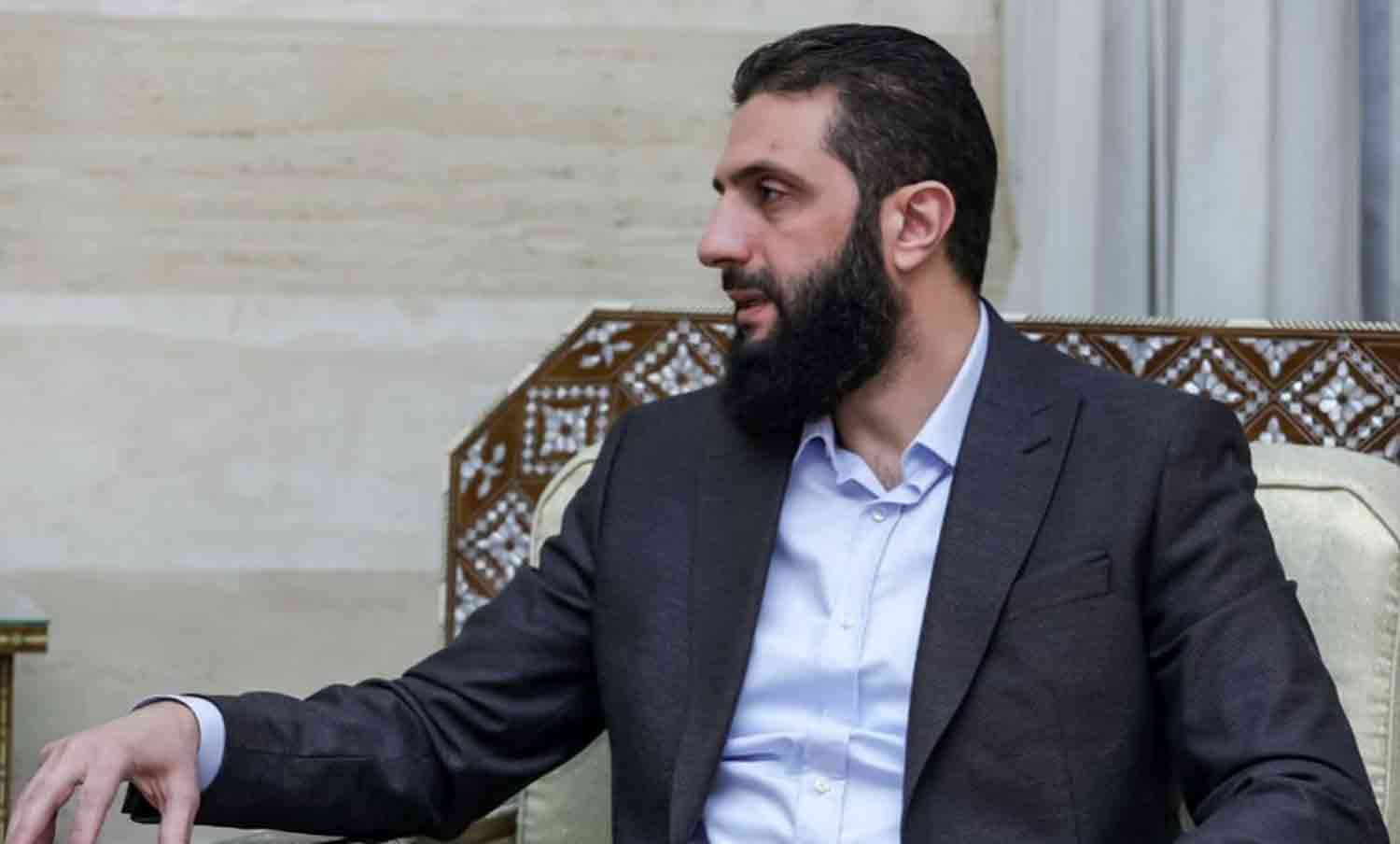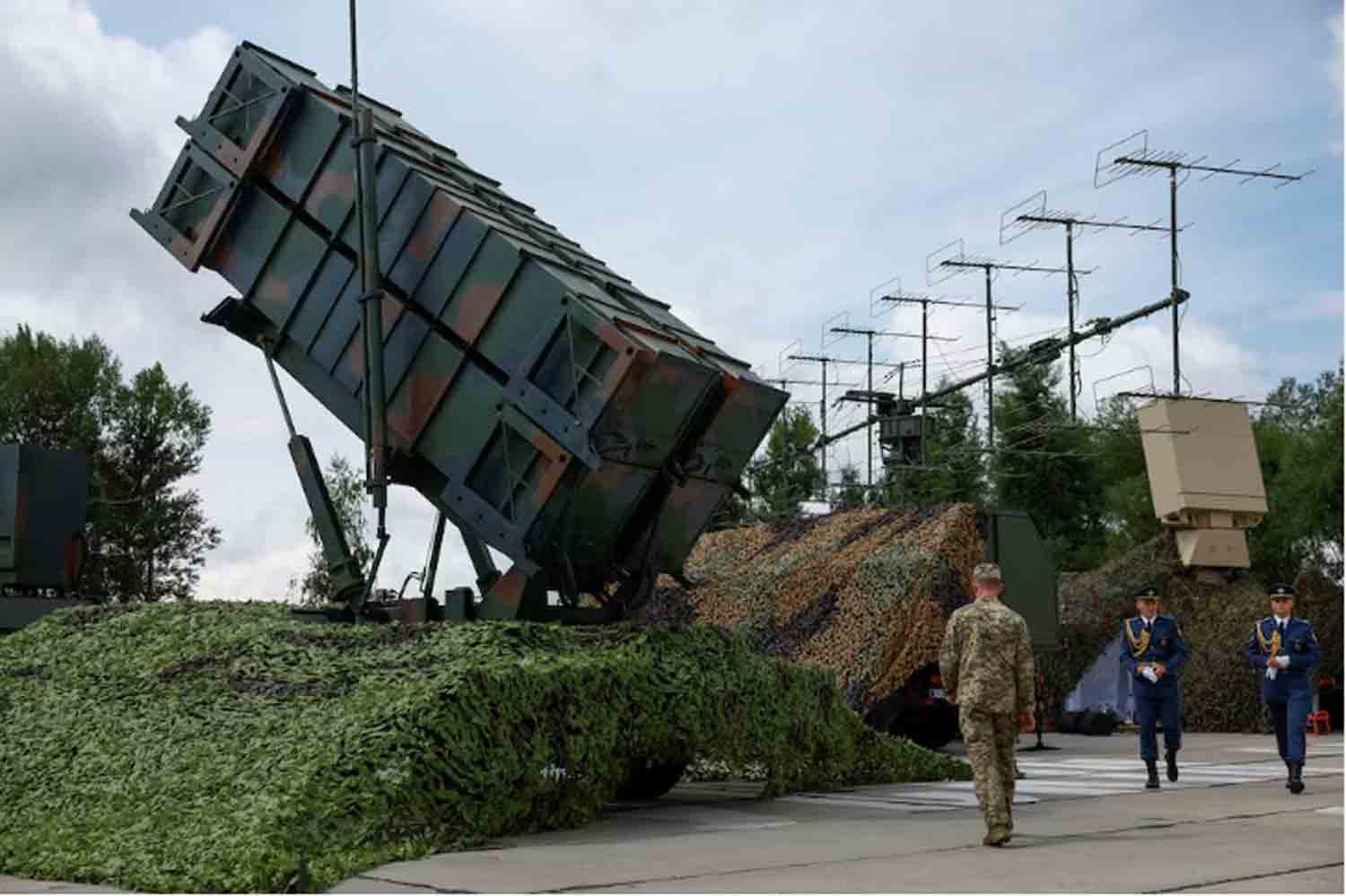Saudi Arabia is set to settle Syria‘s debts to the World Bank, according to sources with knowledge of the situation. This move could facilitate the approval of substantial grants aimed at reconstruction and revitalizing the country’s struggling public sector.
This initiative, which has not been reported before, marks the first instance of Saudi financial support for Syria since the Islamist-led opposition ousted former president Bashar al-Assad last year.
It may also indicate that essential support from Gulf Arab nations for Syria is starting to take shape, following previous initiatives, such as a plan from Doha to fund salaries, which were stalled due to uncertainties surrounding U.S. sanctions. Recently, Qatar revealed a strategy to supply gas to Syria through Jordan to enhance the country’s limited electricity resources, a decision that sources indicated had received approval from Washington.
A representative from the Saudi Ministry of Finance stated to Reuters, “We do not comment on speculation, but we will make announcements when they are official.” The Saudi government’s media office, a spokesperson for the World Bank, and a Syrian government official did not respond immediately to requests for comments.
Syria currently owes approximately $15 million to the World Bank, which must be cleared before the institution can approve grants or offer other assistance. However, Damascus is facing a shortage of foreign currency, and a previous plan to settle these debts using frozen assets abroad did not come to fruition, according to two sources familiar with the situation. World Bank officials have been in discussions about financing to aid in the reconstruction of the country’s power grid, which has suffered extensive damage due to years of conflict, as well as to support public sector salaries, according to two sources. A technical team from the World Bank met with Syria’s Finance Minister Mohammed Yosr Bernieh on Monday, as reported by the Syrian state news agency Sana.
The recent meeting marked the inaugural public dialogue between the Syrian government and the World Bank, focusing on enhancing financial and economic relations between the two parties.
Bernieh emphasized the detrimental impact of international sanctions on Syria, as well as the policies of the previous regime, on the nation’s financial and banking sectors.
According to a report from Reuters on Saturday, Syria plans to send a senior delegation to Washington for the upcoming annual spring meetings of the World Bank and IMF later this month. This visit will be the first by Syrian officials to the U.S. since the ousting of Assad.
It remains uncertain whether the Syrian delegation will engage with any U.S. officials during their visit. The stringent U.S. sanctions that were enacted during Assad’s administration are still in effect.
In January, the U.S. granted a six-month exemption for certain sanctions to facilitate humanitarian aid, although this measure has had limited success. Last month, the U.S. provided Syria with a list of conditions to meet in exchange for partial sanctions relief, but the administration of President Donald Trump has largely refrained from engaging with the new Syrian leadership.
This cautious approach is partly due to differing opinions within Washington regarding the strategy towards Syria. Some officials in the White House advocate for a tougher stance, citing the new Syrian leadership’s past connections to Al-Qaeda as justification for minimal engagement, according to diplomats and U.S. sources.
Discover more from Defence Talks | Defense News Hub, Military Updates, Security Insights
Subscribe to get the latest posts sent to your email.





